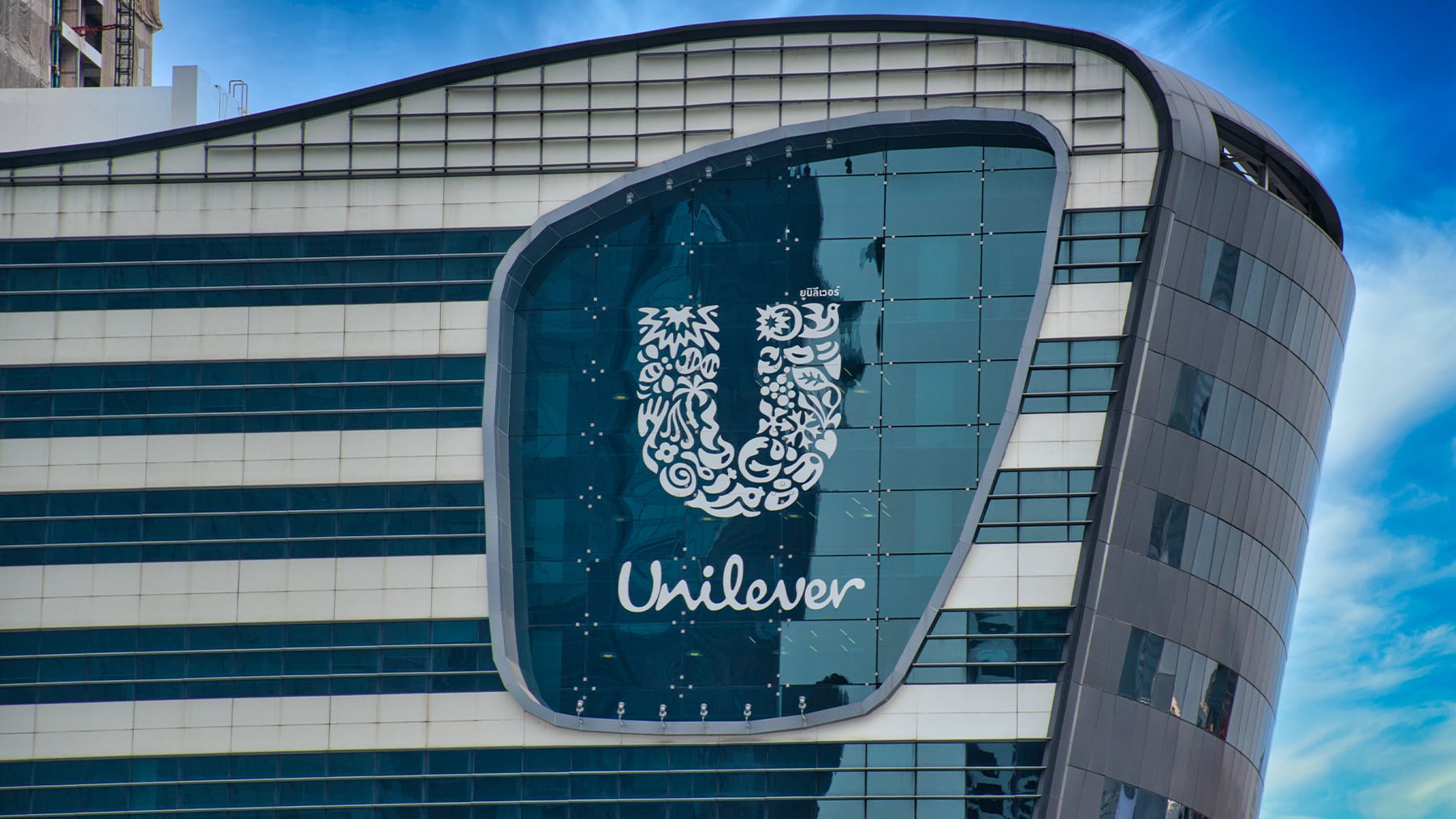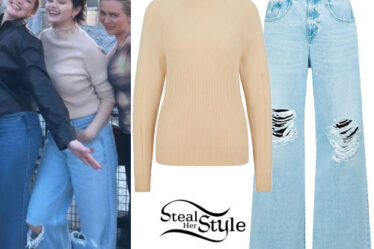
Unilever, the maker of Dove, is to be investigated by the UK’s competition watchdog over concerns that consumers are being misled by the company’s “green” claims on some essential household products.
The Competition and Markets Authority (CMA) said Unilever may be overstating how green certain products are through the use of vague and broad claims, unclear statements around recyclability, and natural-looking images and logos.
Sarah Cardell, the CMA chief executive, said: “Essentials like detergent, kitchen spray, and toiletries are the kinds of items you put in your supermarket basket every time you shop. More and more people are trying to do their bit to help protect the environment, but we’re worried many are being misled by so-called ‘green’ products that aren’t what they seem.
“So far, the evidence we’ve seen has raised concerns about how Unilever presents certain products as environmentally friendly. We’ll be drilling down into these claims to see if they measure up. If we find they’re greenwashing, we’ll take action to make sure shoppers are protected.”
The regulator is concerned that some claims by Unilever that focus on a single aspect of a product may suggest it is environmentally friendly as a whole; that claims about some ingredients may exaggerate how natural the product is; and that its use of colours and imagery, such as green leaves, create the impression that some products are greener than they actually are.
Under its former chief executive Paul Polman, who stepped down in 2019, Unilever positioned itself as a global leader on sustainability. But the company is on track to sell 53 billion non-reusable sachets containing anything from sauces to shampoo this year, breaking its commitment to switch away from single-use plastic, according to a recent report from Greenpeace.
The Changing Markets Foundation, a US-based campaign group, found last year that Unilever had replaced recyclable PET bottles of washing liquid with pouches as part of its push to encourage refills. The pouches were not recyclable and contained only two refills.
The CMA inquiry forms part of its wider investigation into greenwashing, after it expanded its work on environmental claims to include consumer goods in January – essential items that are used on a daily basis, such as food and drink, cleaning products, toiletries and personal care items. Last year, shoppers paid more than £140 billion for these fast-moving consumer goods.
The CMA’s initial review uncovered a range of concerning practices, prompting it to launch a formal investigation into Unilever on Tuesday. Since it published its compliance review, some companies have amended or removed some green claims, but its work is ongoing and investigations into other companies may follow.
Possible outcomes include securing undertakings from Unilever that commit the firm to change the way it operates; taking the company to court; or closing the case without further action.
By Julia Kollewe
Learn more:
Unilever Ventures Doubles Down on Australian Hair Care Brand Straand
The corporate venture capital arm of Unilever had previously invested in a pre-seed round earlier this year.


